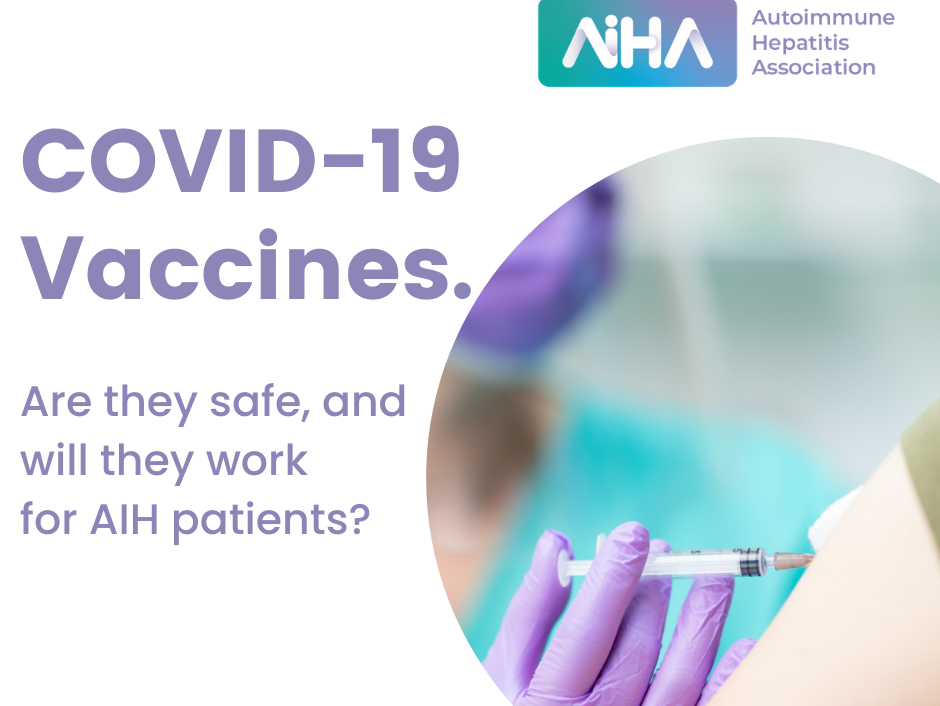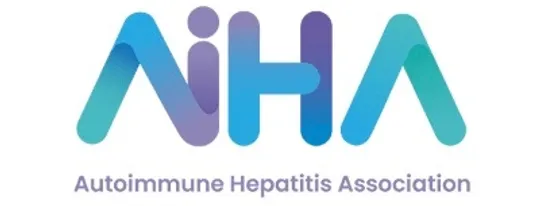By the Autoimmune Hepatitis Association

Two SARS-Cov-2 vaccines were submitted to the FDA for emergency use authorization near the end of November 2020. Many believe that these vaccines designed to protect against the virus that causes COVID-19 will soon be approved. Those in high-risk groups would begin receiving their first dose of the vaccine shortly after approval.
Most autoimmune hepatitis (AIH) patients are on chronic immunosuppressive medications to prevent their immune systems from attacking their livers. Immunosuppression creates two critically important questions about SARS-CoV-2 vaccinations for AIH patients: Are these vaccines safe for patients on immunosuppression, and will they provide protection against the novel coronavirus?
Currently, no SARS-CoV-2 vaccine trials have enrolled immunocompromised patients, so safety of the vaccines in this group is not yet strongly established. However, immunocompromised patients who have received other recombinant protein-based (for example, Hepatitis B) and inactivated virus-based vaccines (for example, influenza) have historically reported no major side effects.
In order to have a protective immune response from a vaccination, a functioning immune system is necessary. Individuals who are highly immunosuppressed may not generate optimal or strongly protective responses to SARS-CoV-2 vaccines. This could mean that the vaccine may not be as effective for those who are severely immunocompromised.
AIH patients are strongly advised to talk to their health care providers who can help them weigh the risks and benefits of receiving the vaccine. It’s important to note that even after receiving the SARS-CoV-2 vaccinations, everyone will need to continue to take preventive measures like wearing face masks, maintaining physical distancing from those outside your household, and washing hands frequently. More data about safety and efficacy will become available after clinical trials include more varied patient groups and participants are tracked long-term.
